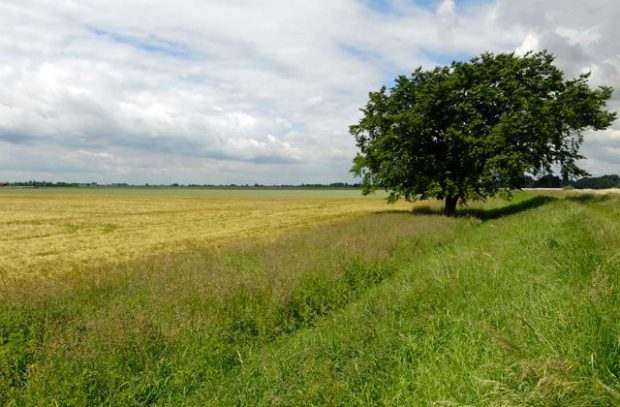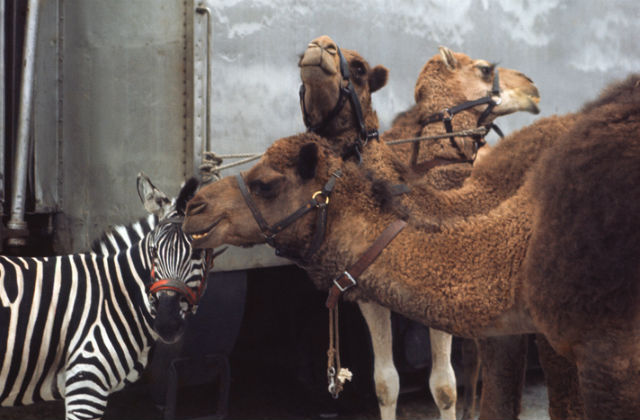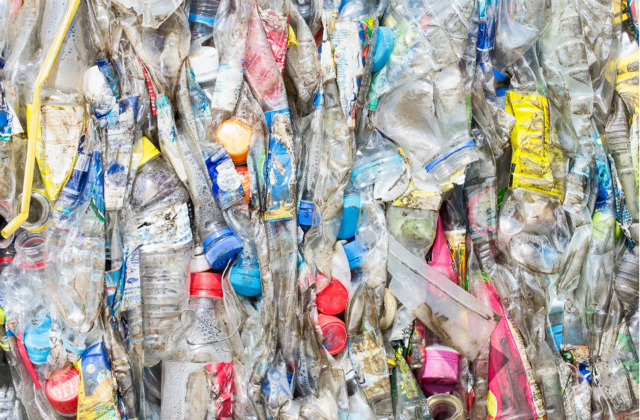Historic opportunity for farmers to help shape future farming policy

Today, we have launched a consultation into the future of British farming and the environment, placing the power back into the hands of our farmers and growers after nearly 50 years of the EU’s Common Agricultural Policy (CAP).
The proposal set out will see money redirected from direct payments to farmers based on the amount of land they have, to a new system of paying farmers “public money for public goods”. For example farmers could be paid for enhancing the environment, raising animal welfare standards or investing in sustainable food production.
Reducing direct payments to the largest landowners could free up around £150 million in the first year of the agricultural transition period, which could be used to incentivise environmental enhancement and other public goods.
Under the current CAP arrangements, we would not have the flexibility to move towards the options set out in today’s consultation paper which reward public money for public goods. This once-in-a-generation opportunity allows farmers to be truly central for government thinking and set out their needs for a future agriculture policy that truly delivers.
The Environment Secretary Michael Gove said:
“As we leave the EU, we have a historic opportunity to deliver a farming policy which works for the whole industry. Today we are asking for the views of those who will be affected to make sure we get this right so any future schemes reflect the reality of life for famers and food producers.
“The proposals in this paper set out a range of possible paths to a brighter future for farming. They are the beginning of a conversation, not a conclusion and we want everyone who cares about the food we eat and the environment around us to contribute.”
A ban on wild animals in circuses

Yesterday Defra published a review into the current regulations for wild animals in circuses.
In the document the Government committed to introducing a ban on wild animals in travelling circuses by 2020.
This was covered by the Daily Mail, iNews and the Times.
Until this is achieved, the government will continue to impose the strictest possible standards to ensure the welfare needs of these animals are met.
Country Land and Business Association
This morning, Environment Minister Thérèse Coffey met with the Country Land and Business Association (CLA) and the Local Government Association (LGA) to discuss the impact of fly-tipping in the countryside. Minister Coffey highlighted how Government is tackling waste crime, including proposals to give new powers to the Environment Agency to lock gates or block access to problem waste sites to prevent thousands of tonnes of waste illegally building up, and fixed penalty notices for households which breach their duty of care and pass their waste to a fly-tipper.
Speaking at the event Environment Minister Thérèse Coffey said:
I appreciate the difficulty and financial burden that fly-tipping poses to landowners, which is why tackling waste crime is a priority for this government.
We have given local authorities in England the power to issue fixed penalty notices for small-scale fly-tipping, and have worked with the Sentencing Council to strengthen guidelines for environmental offences.
Our 25 Year Environment Plan outlines how we will become the first generation to leave our environment in a better state than we found it, and our forthcoming Resources and Waste strategy will set out how we can tackle waste crime further.
Deposit return scheme for plastic bottles

Today’s coverage from the Daily Mail highlights 10 years of their campaign to reduce plastic use in the UK. The front page calls on the Government to introduce a plastic bottles deposit return or reward scheme (DRS) following the publication of the Government’s response to the Environmental Audit Committee report ‘Plastic bottles: turning back the tide’.
These types of schemes are popular in the Nordic countries and at the end of last year Environment Minister, Thérèse Coffey visited Norway, Sweden and Denmark to find out more about them and how each country operates its systems.
The UK is already showing global leadership by committing to reduce plastic waste and is the first country in Europe to ban microbeads. The 25 year environment plan sets out our plans to extend the 5p plastic bag charge, improve recycling rates and explore plastic free aisles in supermarkets.
As part of this plan for our Environment, the Government will be working with industry to reform our packaging waste regulations and to incentivise producers to take greater responsibility for the environmental impacts of their products.
An independent working group has submitted its report to Ministers who will consider the evidence around deposit return (or reward) schemes on plastic bottles and other drinks containers. We’ll announce a decision on next steps in due course.
The Evening Standard is also running a successful campaign called the Last Straw and hopes to remove plastic straws from bars and restaurants in London.
Environment Secretary Michael Gove said:
Straws are not just another example of plastic waste, they can be lethal.
And the Evening Standard as part of their Last Straw Campaign has made the case compellingly for action.
I believe we need to act and am exploring now what we can do as quickly as possible within the law.